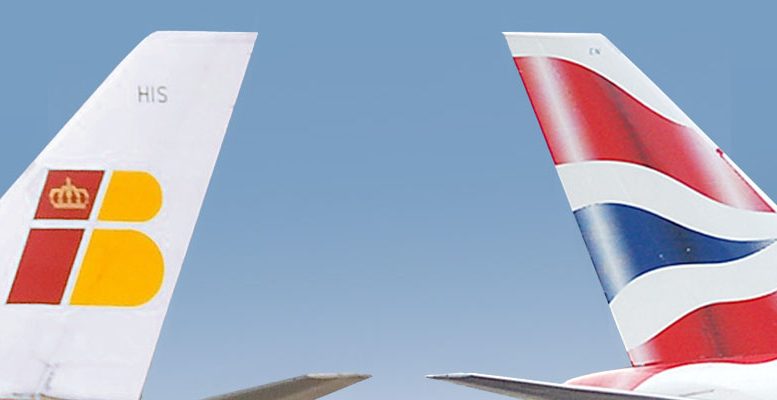On Monday the proposal of the British government will be known, although we do not know it will be a text agreed with the opposition, which insists it will not negotiate unless Theresa May renounces a no-deal Brexit. The key dates are getting closer: 29 January, the next vote on May ‘s Plan B in the British parliament, and 29 March the UK’s goodbye, ordered or chaotic, to the European Union. Brussels has already extended its hand to London, offering more time to process the departure.
This out of step dance will affect markets throughout the first six months of the year, although not how some prophets of doom predict, given that companies have had almost two years to prepare their contingency plans. In addition, as the ECB recalled last week, the Commission will take temporary measures to guarantee access for Euro members to UK clearing houses.
Spain confronts Brexit
The UK is the fourth largest destination for Spanish exports. And the main foreign recipient of investment, so a hard Brexit would do significant damage to the country, as the Foreign Ministry recognises. In March 2017, it was calculated that it could cost between 2 and 4 decimal points of GDP (between 1 and 4 billion euros), although the figures may have changed because the preparations by all of the ministries.
The commercial relations between the two countries have risen to 55 billion euros. They will be shielded by a decree next February.
The damage to companies will depend on the type of agreement and how prepared they are. According to ICEX, there are more than 300 companies with Spanish capital in the UK, and there are 700 British companies established in Spain.
In the case of a hard Brexit the airlines would be the most damaged companies. IAG, the ownership group of Iberia and British Airways, because of the 35% of their income which comes from the UK, would see the conditions in which it operates completely changed. Even so, its final results for the first nine months of 2018 were positive: income, net profits and the number of passengers per kilometre increased. This has meant that analysts remain confident in its share value, even though it be one of the companies listed on the Ibex which has fallen most in 2019 because of the uncertainty.
The average objective price is expected to be 21% more than the current 6.58 euros.
The currency risk worries the financial sector, with Sabadell and Santander (more than 11% exposure in the UK), and other companies listed on the Ibex like Telefónica (it´s UK subsidiary accounts for 15%), Ferrovial (almost 20% of its income in the UK in 2017), Iberdrola and Inditex. In any case, all have been discounting complicated scenarios since 2016.





